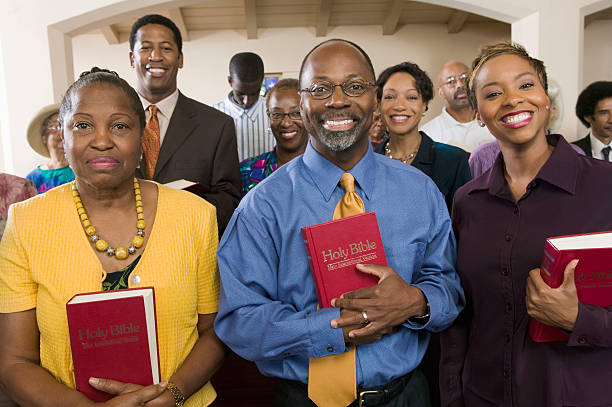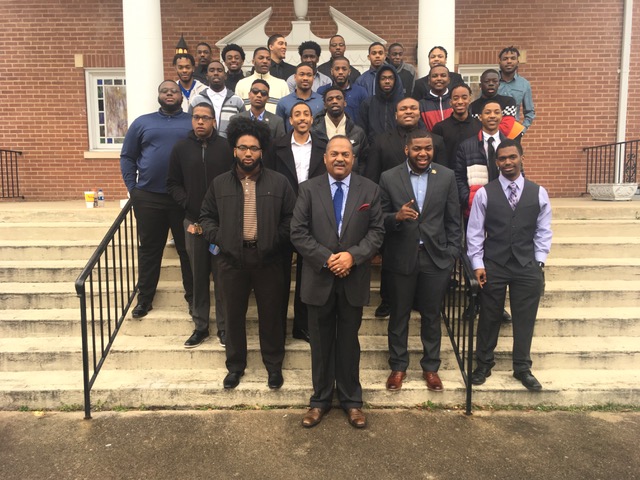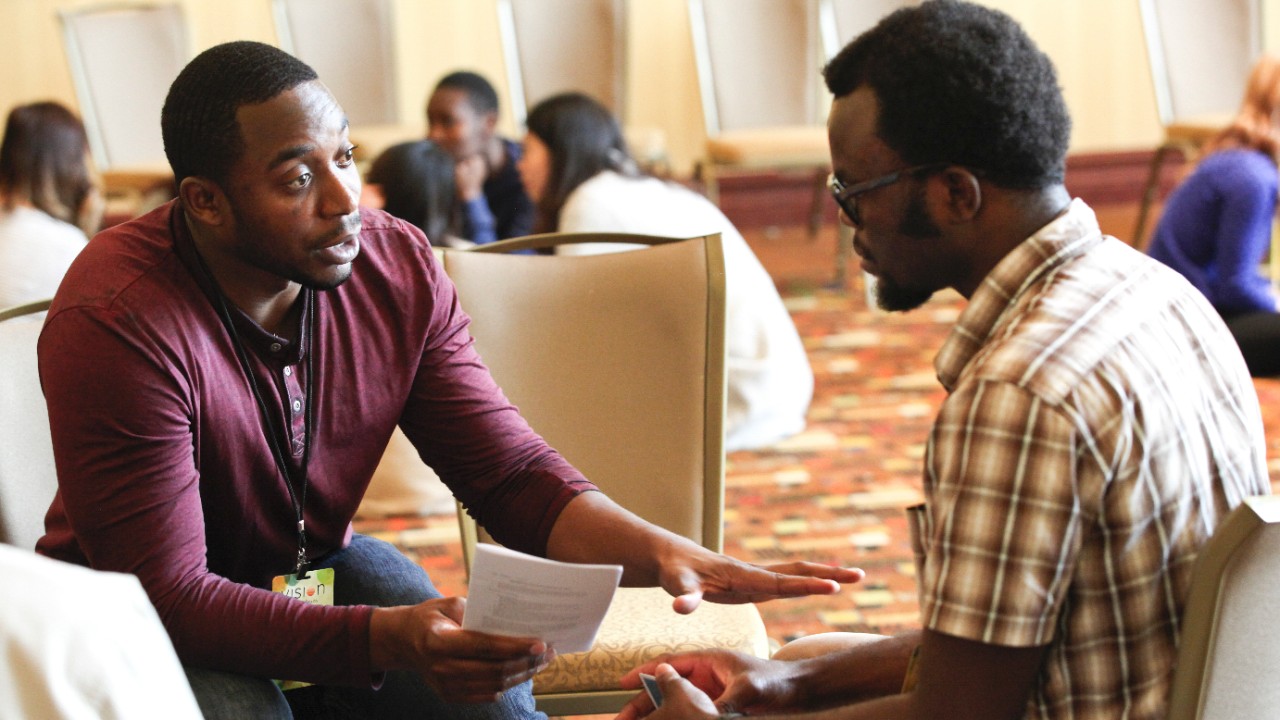As told to Olufemi
My friend, Onajite, told me this story about her exit from the Watch Tower Bible and Tract Society a few years ago. She has graciously allowed me to share her ordeal, in the hopes that it might be beneficial to people in similar circumstances and informative to others.
In the beginning, it all seemed pretty normal. Not celebrating birthdays, not associating with people who weren’t Jehovah’s Witnesses (JW). I mean, I was born into it. Everyone we knew was a Witness, and we were discouraged from making friends with non-JWs. We were divine people and anyone who wasn’t one of us was regarded as the spawn of Satan. As a child, it all felt pretty normal. I felt quite special because everything we did was different. We were Jehovah’s people after all.
I loved being a Witness, but I disagreed with some of the doctrines, like the order not to celebrate birthdays. I wished I could celebrate my birthday with my friends, have food and drinks and be the centre of attention, but I never had that. I pegged it up to being persecuted for righteousness’ sake. JWs have a kink where they enjoy being punished for their faith. I was punished every single day in school for not singing the national anthem because we’re not allowed to. I wasn’t mad or upset about it. On Sunday, during field service, all my JW friends would brag to each other about how we stood up to our teachers, how we stayed faithful to Jehovah and never caved.

You don’t realise you’re in a cult until something in your head clicks, and it didn’t click in mine until I was a teenager. The congregation was anti-secular education. There were plenty of publications, articles and letters, talks at the Kingdom Hall discouraging people from going to school. Universities were painted as some kind of corrupt cesspool where members go to lose their faith. We were told about how when God’s Kingdom comes, you were not going to need your degree in medicine or psychology or whatever you wanted to study because God’s Kingdom would be a perfect world, so there was no reason to go to school. Many Nigerian schools, for some bizarre reason, request a reference letter from your place of worship or a civil servant as a condition for admission. My brother, who was the most devout member, needed that letter, but the organisation treated him like a criminal. They had several meetings and tried to discourage my father not to let him go.
Watching him get treated that way lit the fire of doubt inside me. There was no indication that he would go to school and lose his faith, so why should he be treated like that? On the outside, I was still quite the fanatic, but on the inside, my mind was awash with doubt. I thought: if this doctrine is suspect, what else are we being brainwashed with? Why were they scared of enlightenment? If people went to school and lost their faith, then wasn’t the problem the faith and not the school?
This crack of doubt spread when I recalled cases of sexual abuse against JW children. In all of those cases, the matters were covered up and the perpetrator unpunished, thanks to yet another questionable JW doctrine — matters between Jehovah’s Witnesses must always be settled in-house.
Members were not allowed to report crimes or issues between members to the police. When I was young, a devout member sexually abused a child. I remember how it was covered up. Nobody reported to the police. Another time, a man embezzled another Witness’ money in his company. It was a lot of money, but because they were both witnesses, it was never reported, and he never got his money back. I didn’t think much of all this then, but it began to make sense.
My experience with sexism in the organisation also fuelled my doubt. An elder told us that it was impossible for a woman to give a public talk. One time, a woman mentioned that she had attended a remote women-only congregation where the speaker was a woman, the elder was adamant: if there were no men, that congregation should not exist. Women could only speak while sitting and with their hair covered. I thought, “Women dedicate their entire lives to the organisation and get nothing in return, not even the right to speak?” It didn’t make sense to me, but we accepted it because it was a “directive from Jehovah”.

My doubt finally made me search for ex-JWs content on Google to read the experiences of people who had left the organisation. There was this video of a woman who organised
I got into university in 2016. When I resumed, I discovered that there was a JW congregation in the university. I began to wonder why we were discouraged from going to school when there was a university JW community. Suddenly, it clicked. We were taught from a young age not to question anything. Whatever happens, Jehovah is the answer. If it’s bad, Jehovah let it happen to teach us a lesson. I recollected all the times the organisation covered up scary crimes. For the first time, I was not under the protection of my family, and when I started interacting with other JWs by myself, I started to see how toxic it all really was — the politics, gossip, shaming, misogyny — it just didn’t feel right.
But I still stayed. I had no choice. I was young and dependent on my parents.
All those little things built up incrementally. My classes clashed with meeting times, and I started going from attending meetings regularly to going once or twice a week to once a month. I was treated like scum for missing those meetings. It felt like I was trying to leave a controlling person who was trying so hard to hold on to me. I got calls and messages disguised as feigned concern for me. It was wrapped in, “We’re calling because we love you and care about you,” but I could always feel the passive aggression. I felt even less connected to them and stopped attending meetings completely.
It is rare for someone to actually leave the congregation. In my 18 years in the organisation, I only saw one person denounce the faith and all its doctrine.

When I stopped attending meetings for about a year, my congregation in school contacted my home congregation to inform them I had left. The thing is, everyone in the congregation has cards. These are like files on your character, how active you are, details about your home congregation — everything about you is on it. So the congregation retrieved my file and informed my home congregation that I had stopped attending meetings.
My father called me one day, yelling at me. Every person in my family stopped talking to me right after. They cut me off. From threats to emotional blackmail to curses, there was nothing they didn’t use against me — they even stopped sending me an allowance. In the middle of that, I fell severely sick. That weekend, all my roommates were away, and I had no money to buy drugs. I was so sure I was going to die, but I started feeling better a few days later.
When I found lumps in my breast, my mother said that it was my punishment for leaving Jehovah and that my troubles were just starting. She said I was never going to amount to anything, that speaking against God or the organisation would lead to my downfall, and I’d regret losing Jehovah’s love and protection. Discovering the lumps was one of the scariest moments of my life and there my mother was, threatening God’s fire and brimstone over me. My family’s reaction overall strengthened my resolve to leave the organisation. I had had enough of the threats and the stonewalling.
After about six months, my father was the first to reach out. I guess he missed me. Slowly, the rest of the family started talking to me. I was glad to have them back in my life. I knew they loved me even with their religion I wouldn’t say they made their peace with it, but they’ve accepted that their daughter isn’t going to “be in God’s kingdom with them.”
We’ve had conflicts since then, for example, when they found out that I regularly donate blood, they went mad as it is against JW doctrine to donate or receive blood, even if you were dying. My aunt almost died when she refused to receive a blood transfusion.
Whenever I’m at home and congregation members come to visit, they make me hide in my room because they’re ashamed of me. At first, it hurt, but now it’s just funny to me. Sometimes, I miss the relationship I had with my family before I left, but that ship has long sailed. I’m done with the faith.
Have you taken this quiz? QUIZ: Do You Have Ojukokoro?





